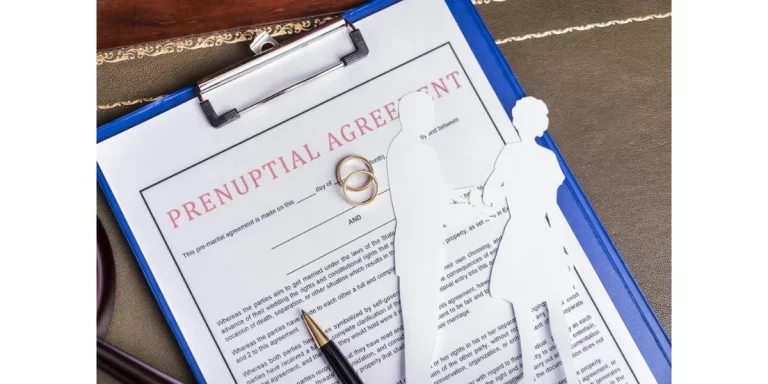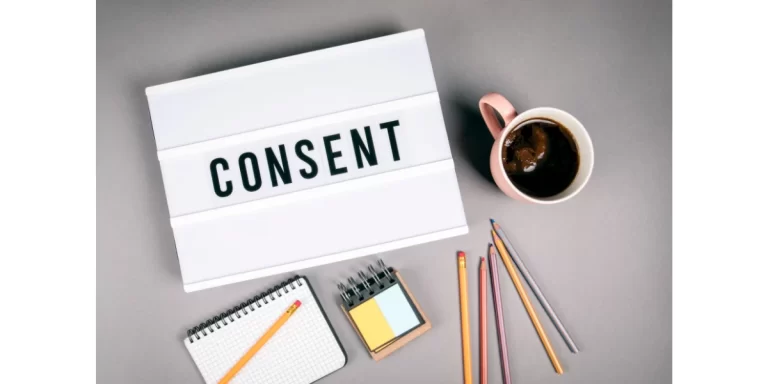If your partner lives overseas and you’re looking to reunite in Australia, the country offers several visa options tailored to your relationship status. Whether you are married, engaged, or in a de facto relationship, Australian immigration law provides pathways for couples to live together.
The process, while detailed, is designed to ensure genuine relationships are supported.
Let’s explore the different partner visa options, eligibility requirements, how to prove your relationship is genuine, processing times, and what to do if you’re not yet married or living together. Here’s everything you need to know about how to bring your partner to Australia.
What Are the Visa Options for Bringing My Partner to Australia?
Australia offers several visa options for reuniting with your partner, each suited to different relationships. The three main visas are:
Partner Visa (Subclass 820/801)
This visa is for couples where one partner is an Australian citizen, permanent resident, or eligible New Zealand citizen. It allows the applicant to live in Australia temporarily (subclass 820) while waiting for permanent residencΩy (subclass 801).
- Temporary Stage (Subclass 820): The applicant lives in Australia while the permanent visa is processed.
- Permanent Stage (Subclass 801): Granted if the relationship is still genuine after a waiting period, often two years.
Partner Visa (Subclass 309/100)
This is for couples where the applicant is outside Australia. It has two stages:
- Temporary Stage (Subclass 309): Allows the applicant to live in Australia temporarily.
- Permanent Stage (Subclass 100): Granted after proving that the relationship remains ongoing and genuine.
Prospective Marriage Visa (Subclass 300)
This visa is ideal for couples who are engaged but not yet married. It allows the applicant to enter Australia for nine months to marry their partner and then apply for a partner visa.
Understanding which visa suits your situation is the first step in bringing your partner to Australia.
What Are the Eligibility Criteria for a Partner Visa?
To successfully apply for a partner visa, you must meet the following requirements:
Relationship Requirements:
- Marriage: If you’re married, the marriage must be valid under Australian law.
- De Facto: If unmarried, you need to show you’ve been in a committed relationship for at least 12 months (exceptions may apply).
- Engagement: For a Prospective Marriage Visa, you must show plans to marry within nine months of arriving in Australia.
Sponsorship Obligations:
The sponsoring partner must:
- Be an Australian citizen, permanent resident, or eligible New Zealand citizen.
- Be at least 18 years old.
- Agree to financially support the applicant for the first two years of their stay.
Additional Criteria:
- You must both meet health and character requirements.
- Your relationship should be genuine, ongoing, and mutually exclusive (not casual).
Meeting these criteria is crucial to a successful visa application.
How Do I Prove My Relationship Is Genuine and Ongoing?
The Department of Home Affairs places great importance on evidence proving your relationship is genuine. This includes demonstrating emotional, financial, and social commitment to each other.
Evidence to Provide
Financial Evidence
- Joint bank accounts or shared financial responsibilities like rent or bills.
- Proof of financial support, such as remittance receipts.
Social Evidence:
- Photos of you together on special occasions.
- Invitations to events as a couple.
- Statements from family and friends attesting to your relationship.
Personal Evidence:
- Communication records (e.g., emails, messages, or call logs).
- Joint travel plans or tickets.
- Evidence of living together, such as shared utility bills.
Commitment Evidence:
- Statements about your future plans together.
- Wills or life insurance listing each other as beneficiaries.
It’s crucial to provide as much evidence as possible to avoid delays or rejection.
How Long Does the Partner Visa Process Take?
Visa processing times vary based on factors like demand, the complexity of your case, and the quality of the evidence you provide.
Average Processing Times:
- Partner Visa (Subclass 820/801): 18 to 30 months.
- Partner Visa (Subclass 309/100): 16 to 24 months.
- Prospective Marriage Visa (Subclass 300): 12 to 24 months.
Tips to Avoid Delays:
- Submit a complete application with all required evidence.
- Respond promptly to any requests from the Department of Home Affairs.
- Double-check that all forms are filled out correctly.
Patience is essential, but proper preparation can make the wait easier.
Can We Apply If We’re Not Married or Living Together?
Yes, you can still apply for a partner visa if you’re not married or cohabiting, but additional steps may be required.
De Facto Relationships
For de facto couples, you typically need to prove that you’ve lived together for at least 12 months. However, exceptions include:
- Compelling Circumstances: If you haven’t lived together due to work, family, or cultural reasons, explain why.
- Registered Relationships: Some Australian states allow couples to register their relationship, bypassing the 12-month requirement.
Engaged Couples
If you’re not married but plan to be, the Prospective Marriage Visa (subclass 300) is your best option. Once married, you can transition to a partner visa.
No matter your situation, Australian immigration law provides flexible pathways to bring your partner to Australia.
Also Read: Is a Boyfriend a De Facto Relationship?
Contact Justice Family Lawyers Today
Bringing your partner to Australia is a significant step toward building a future together. By choosing the right visa, providing strong evidence, and meeting all criteria, you can reunite with your loved one and start your new chapter.
If you need professional guidance on how to bring your partner to Australia, Justice Family Lawyers is here to help. Our expert team specialises in partner visa applications and can ensure your case is handled with care and expertise.
Contact our de facto lawyers today to schedule a consultation and take the first step towards reuniting with your partner!




